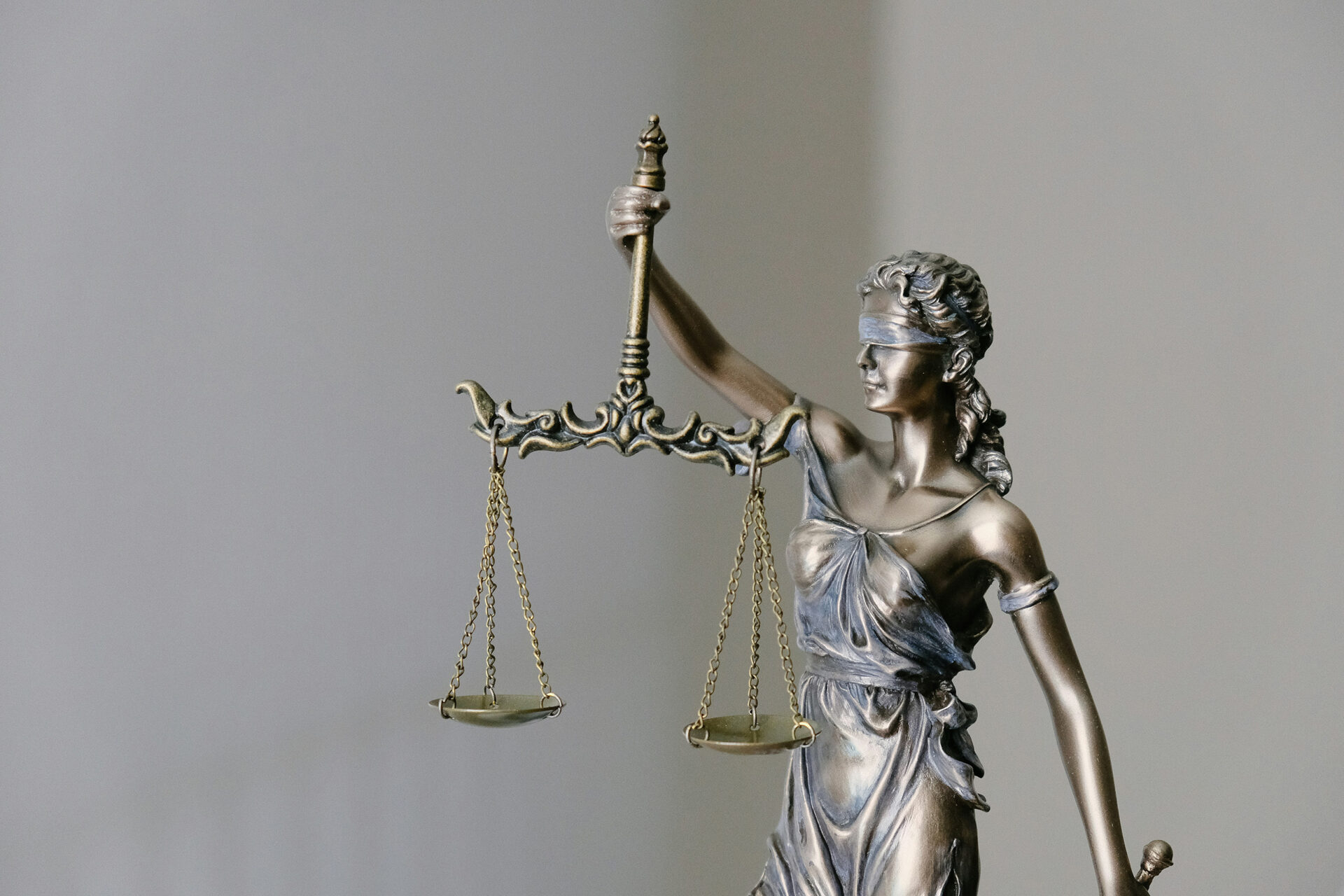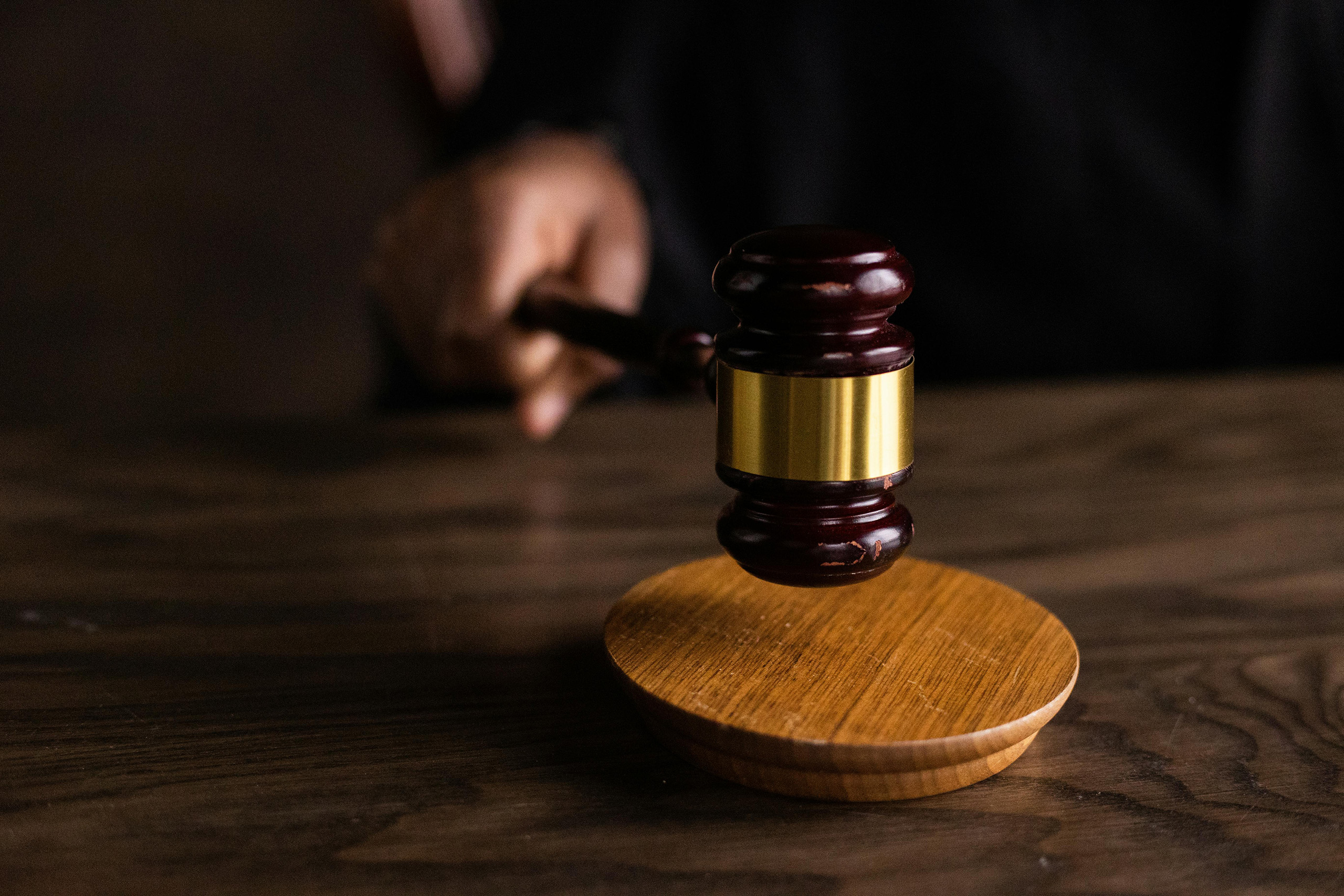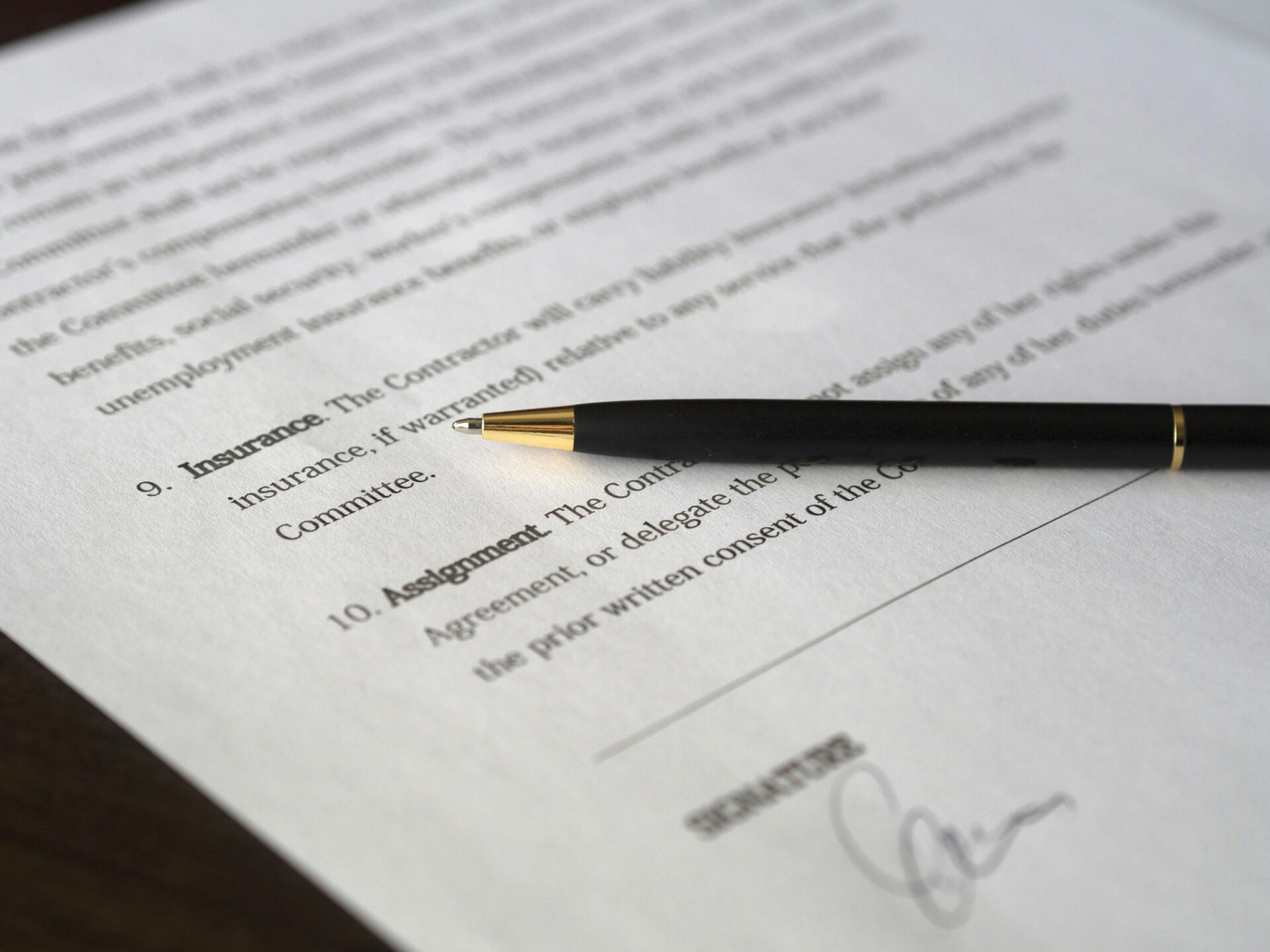civil litigation
Find Your Resolution
No matter how straightforward or complex your civil litigation matter is, we are here to help.

© 2025 Apna Law LLP.
No matter how straightforward or complex your civil litigation matter is, we are here to help.

Choosing our civil litigation team puts you in good hands.

With many years of experience behind us, our civil litigation team knows you want complete information and all of your considerations explored. We take the time to understand your needs, to clearly and fully explain your options, and then help you to explore how each will affect you, your family and your finances – now and in the future. In short, we give you the power to make well-informed choices.
In modern times, publications, reviews, and profiles for both individuals and businesses are increasingly found online, causing defamation law (often called “libel and slander law”) to become ever more relevant and important. This is a particularly important area of law for those involved in online businesses as well as individuals with a significant online profile. In order to understand if you may have a defamation claim, it is helpful to know the basics of defamation.
Defamation Explained
In general, defamation refers to a communication about a person or business that is untrue or unwarranted and causes harm to their reputation and libel and slander are the specific forms of defamation: libel is a written communication; and, slander is a spoken communication. Where a case of defamation can be proven, a claimant may seek compensation for, among other things, the harm to their reputation and quantifiable losses, such as business losses.
Litigating Defamation
In a defamation case, generally what must be shown in order for a plaintiff to prove that a statement was defamatory is the following:
Notwithstanding the above, it is also important to recognize that a person is permitted to make such statements in appropriate circumstances. In fact, many defamation cases are decided on the issue of whether a defendant’s statement was permissible in the circumstances (also known as defences). Some defences in defamation cases include:
Of course, the specific elements of a case, whether from the claimant’s perspective or the defendant’s, are more nuanced than the brief summary written above. Further, there are additional defences that are open to a defendant to argue, depending on the circumstances.
Recent Defamation Law Case Examples
To help understand the types of issues that can lead to defamation litigation, consider the following examples of recent cases that have gone before the courts:
Social Media and The Law
Social media; nearly all of us use it in some way shape or form. It has allowed us to share special moments with our friends and family, keep in touch with old acquaintances, keep up to date on sports, news and politics, and market our businesses. Although social media is a relatively recent phenomenon, its use has become so widespread that people can now reach large audiences with relative ease and simplicity. In this sense, it gives its users a great deal of freedom and power, which can be a double-edged sword in that it largely allows users to rightly express themselves as they see fit, but it can also allow for harmful public communication. Some, if not all, social media platforms regulate the content on their platforms and provide guidance for their users to report or flag inappropriate posts. But what if this kind of regulation is not enough? What if a harmful post has been removed but the harm has already been done to you or your business? Depending on the nature of the issue at hand, further action may be appropriate. If, for example, there is a legitimate threat of harm or violence being made, law enforcement authorities may need to become involved. Alternatively and more likely, the matter may be litigated before the courts. If litigation is pursued, a victim of defamatory statements may seek a monetary award as well as an injunction to prevent such statements from being made.
Negligence claims are fairly expansive and wide reaching in that they can arise in a wide variety of circumstances. At their core, these claims arise when someone suffers harm because another person or entity failed to exercise reasonable care. Whether it’s a slip and fall, a motor vehicle accident, or professional malpractice, proving negligence requires showing that a duty of care was owed, that duty was breached, and the breach directly caused the injury or loss.
Negligence claims can span a wide range of circumstances. Common areas include motor vehicle accidents, where negligent driving leads to injury; slip-and-fall incidents on unsafe premises; medical negligence involving substandard care by health professionals; and professional negligence, such as errors made by engineers, surveyors, accountants, or other advisors. Even municipalities and governments can be held accountable in cases involving poorly maintained public infrastructure or inadequate safety measures. Each of these areas has unique legal considerations, but they all revolve around the core principle of a breached duty of care.
Our firm helps clients navigate the often complex process of pursuing a negligence claim. We investigate the facts, assess liability, and advocate for fair compensation—whether it’s for direct compensatory loss, medical expenses, lost income, or pain and suffering. These cases can be nuanced, and every situation is unique, but we’re committed to helping you understand your rights and fight for the justice you deserve.
Contracts are the foundation of countless personal and business relationships. When one party doesn’t fulfill their end of the agreement, or when terms are unclear or disputed, the result can be costly conflict. At our firm, we help clients resolve contract disputes with clarity, strategy, and a firm grasp of the law.
A valid contract generally requires an offer, acceptance, consideration (something of value exchanged), and a clear intention to create legal relations. Disputes can arise over alleged breaches—such as non-performance, late delivery, or failure to pay—as well as over the interpretation of ambiguous terms. Issues like misrepresentation, duress, or unconscionability may also play a role in determining whether a contract is legally enforceable. Whether you’re a business owner, a contractor, or a private individual, understanding your rights and obligations is critical when a contract is in dispute.
Our legal team provides advice, efficient negotiation support, and, when necessary, strong courtroom advocacy. If you’re facing a breach of contract or need help enforcing an agreement, we’re here to help you find a resolution that makes sense for your goals
In the fast-paced world of commerce, disagreements are bound to arise. Business disputes can stem from broken contracts, losses as a result of someone’s negligence, or conflicts between suppliers and customers, for example. When these issues escalate, having experienced counsel is critical. Our firm helps businesses navigate disputes strategically—so that resolution doesn’t come at the cost of stability or reputation.
There are several tools for resolving business disputes, from formal litigation to alternative dispute resolution mechanisms such as negotiation, mediation, and arbitration. Common dispute areas include breaches of contract, misrepresentation in transactions, fiduciary duty claims, and shareholder oppression under the Business Corporations Act. These matters can become complex, involving layers of legal, financial, and operational implications. Our approach is grounded in understanding your business goals and tailoring a solution that minimizes disruption and protects long-term interests.
We work with business owners, partners, and corporations of all sizes—offering practical advice and strong representation. Our team is ready to help your business stay focused and resilient.
Unpaid debts can disrupt cash flow and create unnecessary strain—especially for small businesses and service providers. Whether you’re owed money under a contract, promissory note, invoice, loan, or court judgment, our firm helps individuals and businesses take decisive, lawful steps to recover what they’re owed.
Creditors have a variety of legal tools at their disposal. These include sending demand letters, initiating civil proceedings, and enforcing court judgments through wage garnishment, seizure of assets, or placing liens on property. Timing matters—many claims are subject to limitation periods, and choosing the right approach from the outset can often mean the difference between success and write-off.
We guide clients through each stage of the debt recovery process, from initial assessment to enforcement. Our approach balances firmness with professionalism, ensuring legal compliance while preserving important business relationships wherever possible. If you’re facing non-payment or need help navigating a complex collection matter, our team is ready to protect your financial interests with strategic and cost-effective advocacy.
When an insurance claim is denied or delayed, the consequences can be stressful and financially devastating. Whether you’re dealing with a denied disability benefit, a fire or property damage claim, or another form of insurance coverage, you don’t have to accept the insurer’s decision without question. At our firm, we help clients challenge unfair insurance denials and navigate complex policy disputes with confidence and clarity.
Insurance policies are legally binding contracts. Insurers are required to act in good faith and deal fairly with their policyholders. Disputes can arise over the interpretation of coverage terms, allegations of non-disclosure, policy exclusions, or delays in processing claims. We handle a wide range of insurance matters, including long-term disability denials, life insurance disputes, property and casualty claims, and coverage issues.
Our approach is strategic and client-focused. We assess the claim, explain your rights, and pursue the best course of action—whether that’s negotiating directly with the insurer, filing a formal complaint, or litigating in court. We understand how critical timely insurance coverage is, and we’re here to stand by your side when you’re facing a challenge from an insurer that’s not meeting its obligations.
Sexual-image based abuse involves the non-consensual disclosure of your intimate images, regardless of whether you sent them to someone or whether they were taken without your permission. In colloquial terms it is often referred to as “revenge prn”, “non-consensual prn”, or “sexual image-based abuse”. This can include situations where an ex-partner takes intimate images or videos that were shared during the relationship and releases them online, to friends, to an employer etc. It can also include instances when someone accesses your device, steals your intimate photos or videos, then discloses them to others or on a platform. In other instances, it can include when someone takes photographs or videos without your knowledge or consent and distributes them.
The rise of social media apps such as WhatsApp, Instagram, Snapchat and TikTok, has dramatically increased the ease and simplicity with which sexual-image abuse can take place. The effects on its victims are extremely damaging and sometimes overwhelming.
While reporting this kind of abuse to the police is one option, this falls short of resolving the problem as there may be no direct Criminal Code offence to address this problem (although related offences exist).
The non-consensual sharing of intimate images is a serious violation of privacy and dignity. In response, British Columbia introduced the Intimate Images Protection Act (IIPA), which provides individuals with powerful civil remedies to stop the distribution of intimate images and seek compensation. Our firm is here to help clients assert their rights under this important legislation.
Under the IIPA, an “intimate image” includes photos, videos, or livestreams in which a person is nude, nearly nude, engaged in a sexual act, or exposing intimate body parts—regardless of whether the person is identifiable. If such an image is shared or even threatened to be shared without consent, the individual depicted can apply for an expedited protection order through the Civil Resolution Tribunal (CRT) or the courts. The IIPA also allows for claims for damages, publication bans, and enforcement orders to have the content removed swiftly from online platforms.
Our firm assists clients in navigating this process with sensitivity and discretion. We help prepare applications, gather evidence, and advocate for prompt and effective relief. Whether you’re seeking to stop the spread of an image, hold someone accountable, or simply understand your rights, we’re here to support you every step of the way.

We look forward to discussing how we can help with your legal needs.
“Apna” is a Punjabi word that, when loosely translated to English, means “ours”. It also reflects our belief that the law should serve everyone, not just a select few.